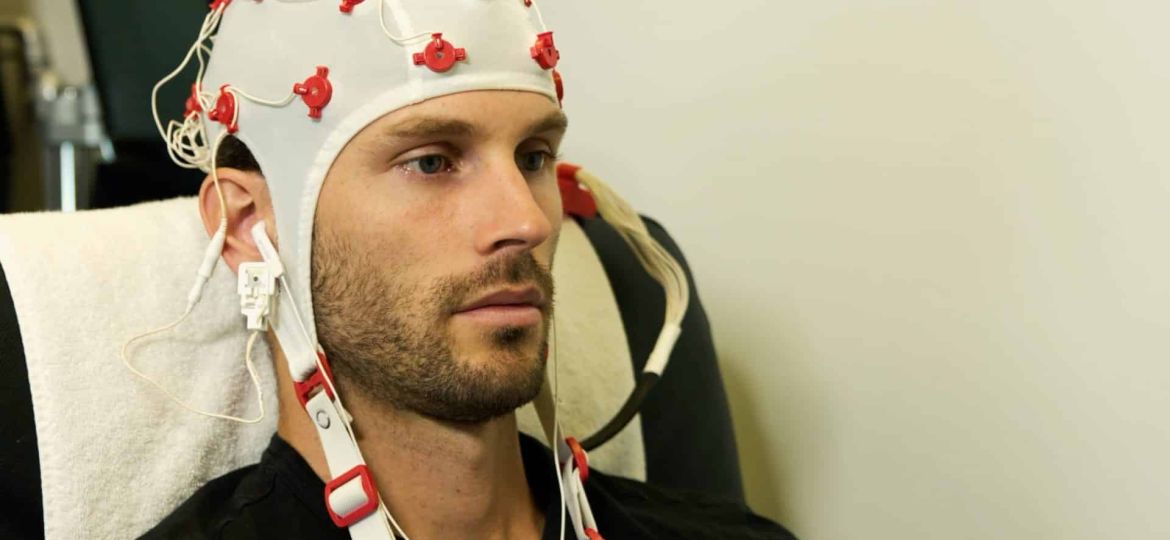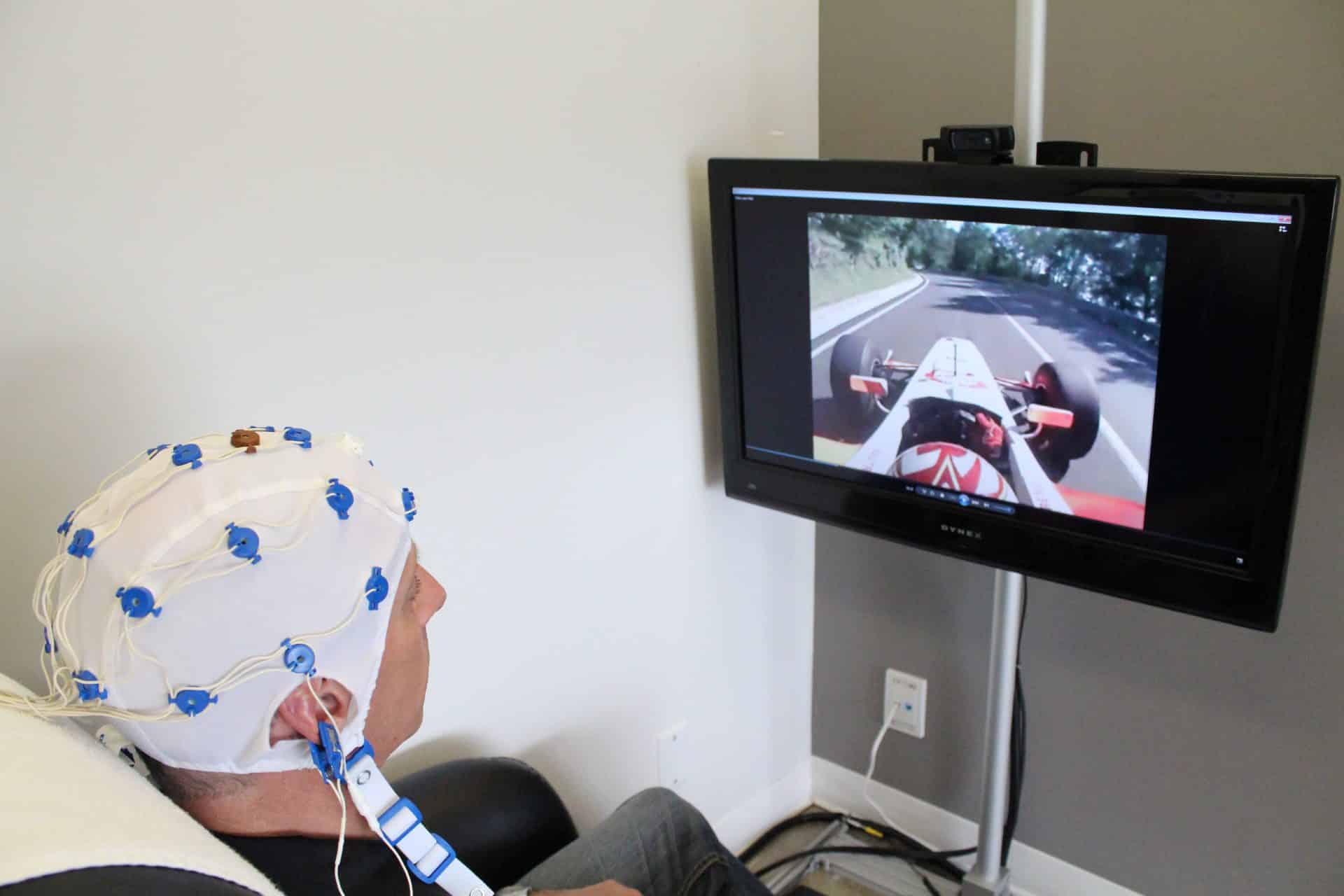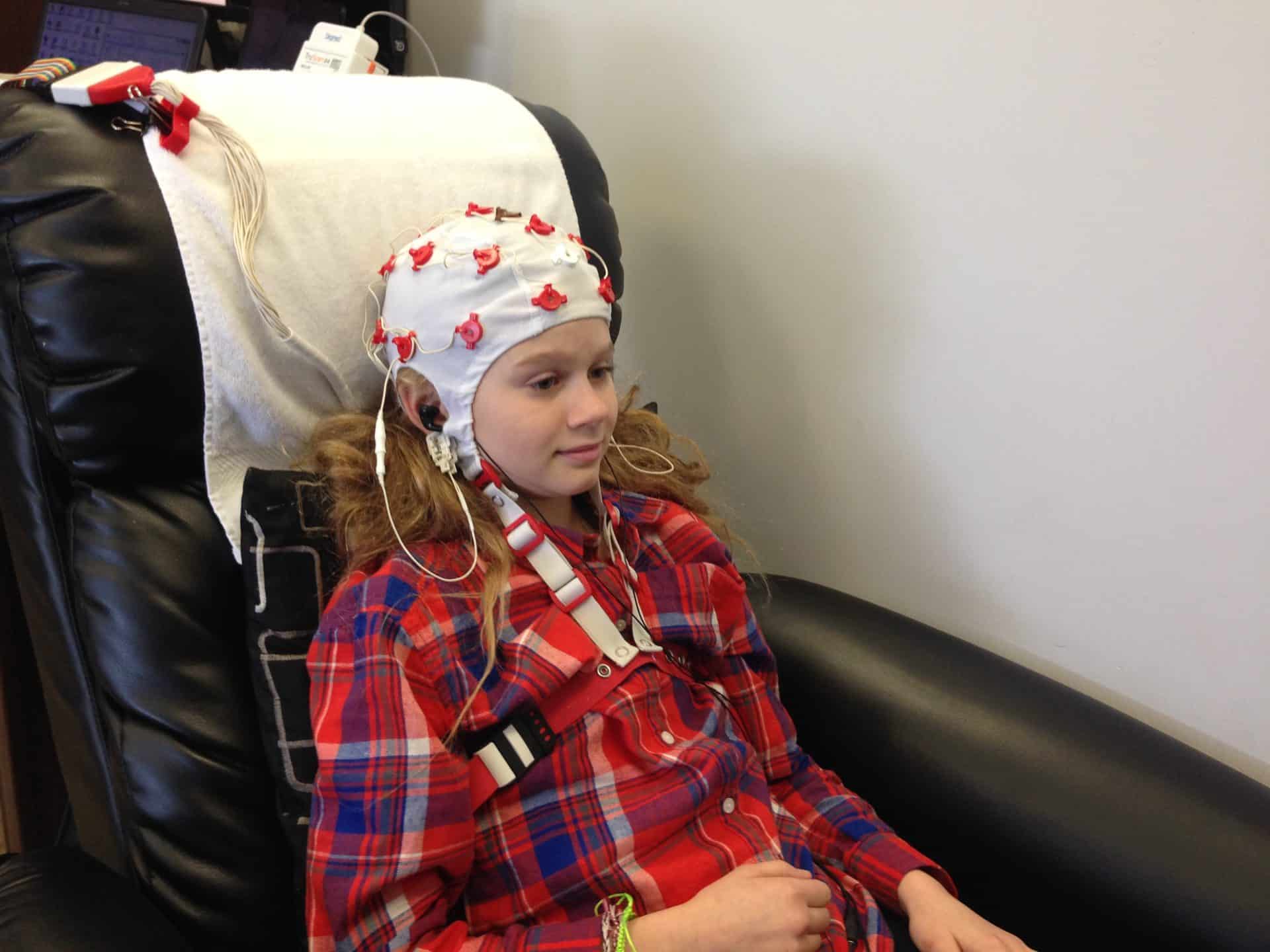
Neurofeedback is a therapeutic technique aimed at modifying the brain’s electrical activity. This approach helps improve various cognitive and emotional functions in individuals. Neurofeedback provides benefits in alleviating multiple conditions, such as anxiety, ADHD, insomnia, or depression. To date, no scientific evidence suggests Neurofeedback causes adverse effects on the brain. However, in the interest of transparency, you are informed that some effects may sometimes appear temporarily. Discover what you need to know about the potential manifestations that may accompany Neurofeedback therapy.
HOW NEUROFEEDBACK WORKS: DEMYSTIFYING THE TECHNIQUE
Neurofeedback, also known as EEG biofeedback, is a therapeutic technique with the advantage of being non-invasive. One of the goals of these sessions is to measure brain activity in real-time and use a reward system to help the brain learn to better self-regulate.
This therapy is similar to a training exercise for your brain, like going to a gym to strengthen your muscles. It leverages the brain’s neuroplasticity. Neurofeedback encourages the brain to create new connections and enhance healthy neural pathways through learning. Behaviors followed by positive outcomes are more likely to be repeated. By rewarding the brain for producing desirable brainwave patterns, Neurofeedback encourages their repetition and thus helps the brain adopt new neuroelectric behaviours.
A Neurofeedback therapy session includes several steps:
- An initial interview with a specialist to understand your situation and goals;
- Assessment of brain activity, where sensors are placed on the scalp to measure the brain’s electrical activity through an electroencephalogram (EEG);
- A report is completed and interpreted by a psychologist; learn more about the Neuroperforma process;
- Brain training with rewards: the person watches a screen displaying a video, movie, sound, or image while the sensors continue to monitor their brain activity. When the brain produces the desired wave patterns, for example, those associated with relaxation, the client receives an immediate reward;
- Self-regulation: This reward process helps the brain reproduce beneficial wave patterns outside training sessions. This training leads to better self-regulation of brainwaves in the client and thus, through learning, improves the symptoms targeted by the process.
SIDE EFFECTS OF NEUROFEEDBACK ARE RARE
Although Neurofeedback is a safe, non-invasive therapeutic approach, some people may experience temporary side effects, often similar to sensations after intense physical exercise. These effects are usually a sign that the brain is learning and adapting:
- Headaches or dizziness: These consequences are generally minor and temporary. They may occur during or after training, often due to the effort required from the brain. If you experience this type of effect, it is recommended to inform the practitioner at your next appointment. They can adjust the training parameters to reduce the brain’s demand and thus relieve the symptoms;
- Stress: Some people may also feel slightly stressed during their first session due to the novelty of the experience. Although non-invasive and painless, applying electrodes on the scalp can be a source of apprehension. To feel reassured, it is essential to remember that Neurofeedback does not involve electric shocks or invasive procedures, and your professional has customized the brain waves to be measured according to your profile;
- Mental fatigue: This is the most commonly reported side effect. Like any muscle after exertion, the brain may feel tired after a Neurofeedback session. This manifestation is typical and usually disappears quickly. It may be pronounced at the beginning of the training but lessens as the brain gets used to the exercise;
- Decreased concentration or drowsiness: As the client progresses in training, they may become more easily distracted or feel drowsy. This phenomenon is normal and indicates that the brain is working. It disappears quickly after the session.
CAN NEUROFEEDBACK DAMAGE THE BRAIN? THE ANSWER IS: NO
Neurofeedback’s potential negative consequences on the brain can raise questions for clients and their loved ones. Numerous scientific investigations have been conducted on this approach, and it continues to be studied. No scientific conclusions suggest that this approach significantly negatively impacts the brain and its functions.
The side effects reported in these scientific studies, such as headaches or fatigue, are generally temporary. These symptoms usually disappear after a few sessions or even during the session after an adjustment to the training. They may also be due to the brain’s natural adaptation to the therapy.
CHOOSING THE RIGHT PRACTITIONER: A GUARANTEE OF SAFETY AND EFFECTIVENESS
When considering Neurofeedback therapy, choosing a qualified healthcare professional is essential. The practitioner’s qualifications and experience are crucial to the approach’s effectiveness. Like any therapeutic intervention, Neurofeedback can present risks if a trained and experienced professional does not perform the practice.
An experienced Neurofeedback training team knows how to diagnose accurately, adapt the appropriate protocol, and address any questions. Transparency is also essential in the relationship between the client and the treating professional. In a professional approach, particular attention is given to clearly explaining the course of the sessions, potential side effects, and the intended goals.
A personalized approach ensures greater effectiveness and safety. With Neuroperforma, a trained and experienced healthcare professional in Neurofeedback provides customized follow-up throughout the treatment, adjusting parameters based on the client’s progress and feedback.
CONCLUSION
Neurofeedback is a safe and effective therapy for improving brain function and alleviating various disorders. This approach is an attractive solution for those looking for a non-invasive, drug-free technique to improve conditions such as depression, ADHD, or anxiety. You can confidently approach Neurofeedback by choosing an experienced and qualified organization like Neuroperforma.



